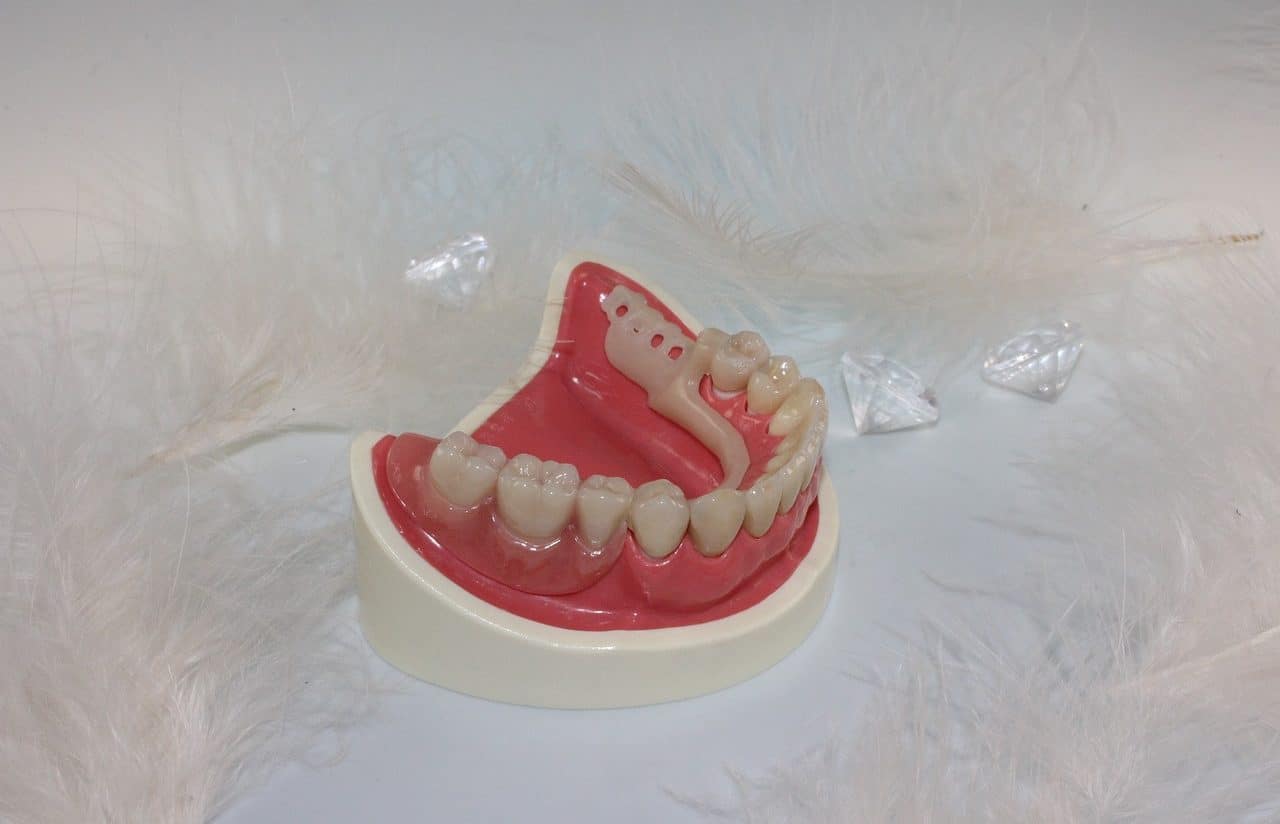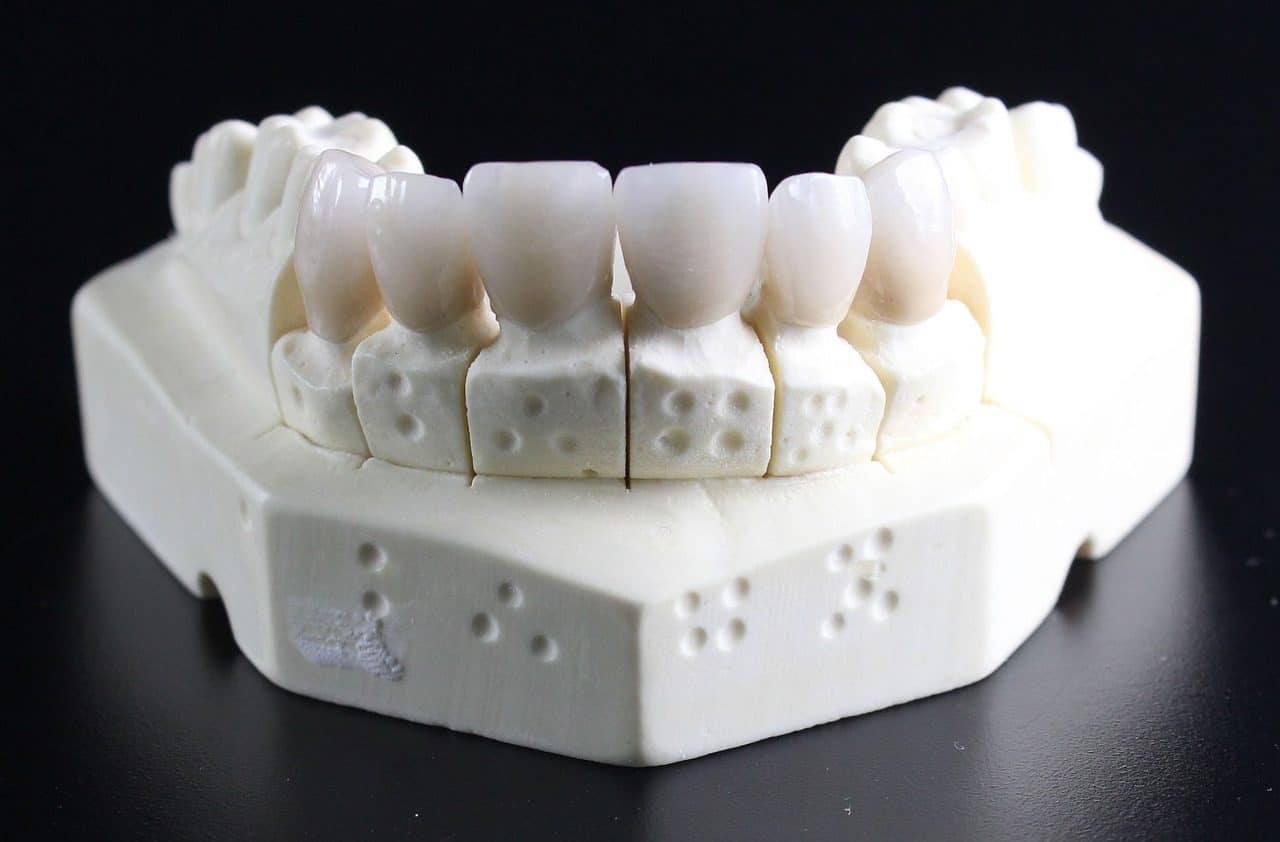
A dental prosthesis allows the replacement of one or more missing teeth.
A dental prosthesis is an element that replaces one or more teeth that, for various reasons, have been lost. Its purpose is to allow the patient to chew food and express himself correctly, two issues that, due to the lack of teeth, he would not be able to do without the prosthesis in question.
The notion of prosthesis is used to name the artificial device and technique used to repair an organ that is missing from the body of a person or an animal. Dental , for its part, is an adjective that refers to what is linked to the teeth (the very hard organs found in the jaws and that contribute to chewing and speaking).
Types of dental prosthesis
We can say that there are two main types of dental prosthesis:
- Partials , which are used when only one or more natural teeth need to be replaced.
- The total ones , which are used to replace all the natural teeth that the patient has. These, likewise, are made up of two parts: the upper prostheses , which replace the pieces that were located in the upper area of the mouth, and the lower prostheses , which do the same with those below.
Dental prostheses must have certain characteristics so that they are retained in the person's mouth and remain in the proper place. There are several types of prostheses that the professional can suggest to his patient according to the specific characteristics of his mouth (taking into account how many teeth he is missing , as we already indicated, or whether he wants a fixed or removable prosthesis ).

The dental prosthesis helps chewing and expressing oneself correctly.
The consequences for the patient
People who receive a dental prosthesis have to face a series of consequences, such as these:
- You should be patient because it can be annoying at first. Typically, this discomfort is present for two weeks and then disappears completely.
- In some cases, there are people who experience nausea when putting on or taking off the prosthesis. This symptom is more mental than physical, since it occurs as a result of thinking that a foreign object enters the mouth.
- They may suffer from swelling and irritation in the mouth, as an unnatural element such as a denture can cause inconvenience at first.
- It usually causes the person who has the prosthesis to produce more saliva than is normal.
- Likewise, there are those who initially feel difficulties both when speaking and when eating. This is common during the first few days but then these are symptoms that will disappear, except in exceptions that will require going to the medical professional who placed the implant.
Other considerations about dentures
It is possible to find dental prostheses made of different materials. They can combine resin , porcelain and different metal alloys , depending on the needs and available budget.
Finally, it should be noted that when the dental prosthesis replaces all of the teeth (since the patient has no original teeth left) it is usually called false dentures . It is important to highlight, in any case, that there are prostheses that include a variable number of artificial teeth and that are integrated into the mouth respecting the presence of the natural teeth that still exist.
